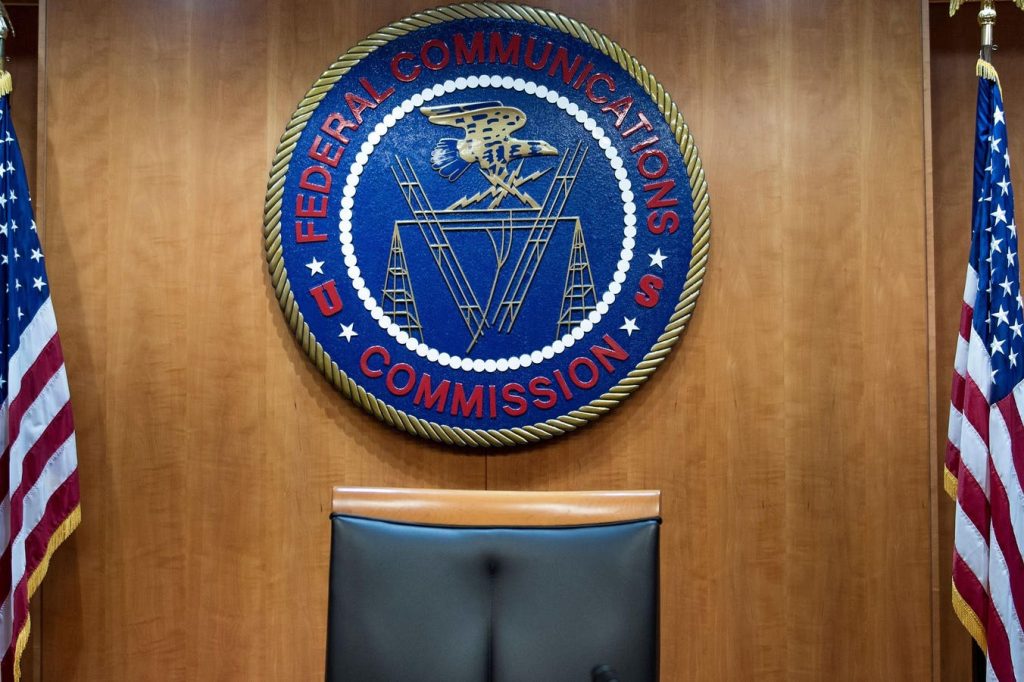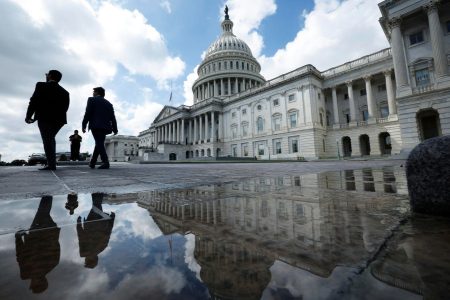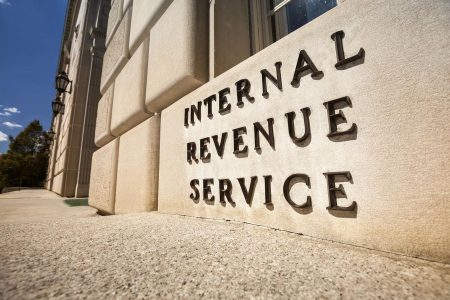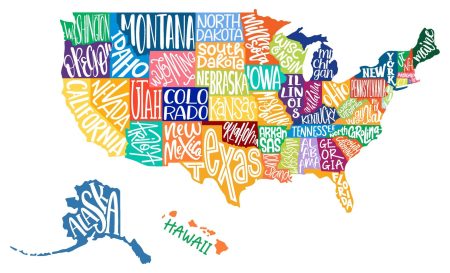In recent comments to the Federal Communications Commission, USTelecom, which is a trade organization representing many major American telecommunication companies including AT&T and Verizon, urged the agency to require major technology companies to contribute to the Universal Service Fund.
The USF is maintained by the FCC and funded by contributions from telecom companies, which generally pass that cost on to consumers in the form of a “Universal Service” fee. The USF is crucial for expansion and maintenance of broadband networks across the country and, USTelecom argues, has long had its burden placed on the shoulders of internet service providers and federal funding programs—with Big Tech getting a free pass.
USTelecom’s argument is relatively straightforward: giant technology companies thrive on infrastructure they haven’t contributed to the maintenance and expansion of. Hundreds of billions are invested in broadband by the telecommunications industry every year. USTelecom would argue it stands to reason that tech companies that rely on this infrastructure should contribute to its maintenance.
Big Tech Owes Someone
At the same time, from an end user perspective, the argument can be made that Big Tech is deriving much of its value from data collected from its users. Taken together they are monetizing user data collected over the networks that, USTelecom argues, they have had no hand in building. Users would thus seem to have an equal claim to compensation for their contributions to the wealth heaped upon technology companies.
This squabbling between broadband providers and users over due compensation is exactly what properly targeted tax policy can avoid. Rather than ticky-tack one-off fees for aspects of the commons that Big Tech leans on in its quest to gobble up more information about users, a sufficient corporate tax or even data tax could force Big Tech to compensate society for the user content it didn’t generate and the infrastructure it didn’t build to reach users.
Calculating the Universal Service Contribution Factor
The Universal Service Contribution Factor represents the percentage of interstate and international end-user telecommunications revenues that service providers must contribute to the USF. For the third quarter of 2024, the proposed contribution factor is 34.4%.
The program collection is calculated by determining a revenue requirement for various support mechanisms, including schools and libraries, rural health care, so-called “high cost” support for underserved communities and programs for low-income consumers. Required contributions are thus back-calculated from revenue requirements.
To apply the same calculation to Big Tech, we would first need to understand their revenue models and reliance on internet infrastructure: they generate significant revenues from advertising and data monetization and rely heavily on broadband networks. Applying a similar contribution model would thus involve assessing these revenue streams, defining the revenue base, adjusting for operational costs and then calculating a contribution factor.
The FCC uses end-user telecommunications revenues for determining their USF contribution—in the context of Big Tech, the analog would be the percentage of their total revenues derived from services and offerings that utilize the internet and, by extension, broadband networks. This revenue calculation could then be adjusted for operational costs and investments by Big Tech to ensure a fair contribution factor.
Ultimately, the contribution factor for Big Tech would be the ratio of required contributions to the adjusted revenue base, ensuring it mirrors the methodology used for ISPs. If ISPs contribute to the USF owing to their monetization of networks they did not need to fully internalize the costs of, Big Tech can be held accountable for their share of infrastructure costs by aligning their contributions to the benefits they derive from those networks. This approach would not only foster fairness but ensure sustainability of essential internet infrastructure.
The Case for Taxing Big Tech
Ultimately, keeping in mind the percentage of revenue attributable both to user generated content and data and the use of broadband networks, the most effective route forward may simply be to tax Big Tech to internalize those costs.
Big Tech companies generate substantial profits from data collected from users—this data is monetized and used to serve advertisements and personalized services. By taxing the revenue derived from this user-generated data, we can ensure these tech companies are contributing fairly to the public resources they are benefiting from.
In addition to monetizing user data, Big Tech companies heavily rely on existing internet infrastructure to deliver their services—however, barring USTelecom’s success in compelling technology companies to contribute to the USF, they will not significantly contribute to the development and maintenance of these networks. A tax on network utilization would offset infrastructure costs, encourage equitable investment and, ultimately, could support universal service through expenditures of tax revenue.
Implementing a tax on Big Tech that targets both their revenues attributable to user-generated data and their user of broadband networks offers a straightforward and effective solution to the current funding disparities. Programs like the Affordable Connectivity Program, which ran out of funding earlier this year, could be replenished and even expanded—fostering a more sustainable and equitable digital ecosystem and benefiting consumers, service providers and society writ large.
Read the full article here










